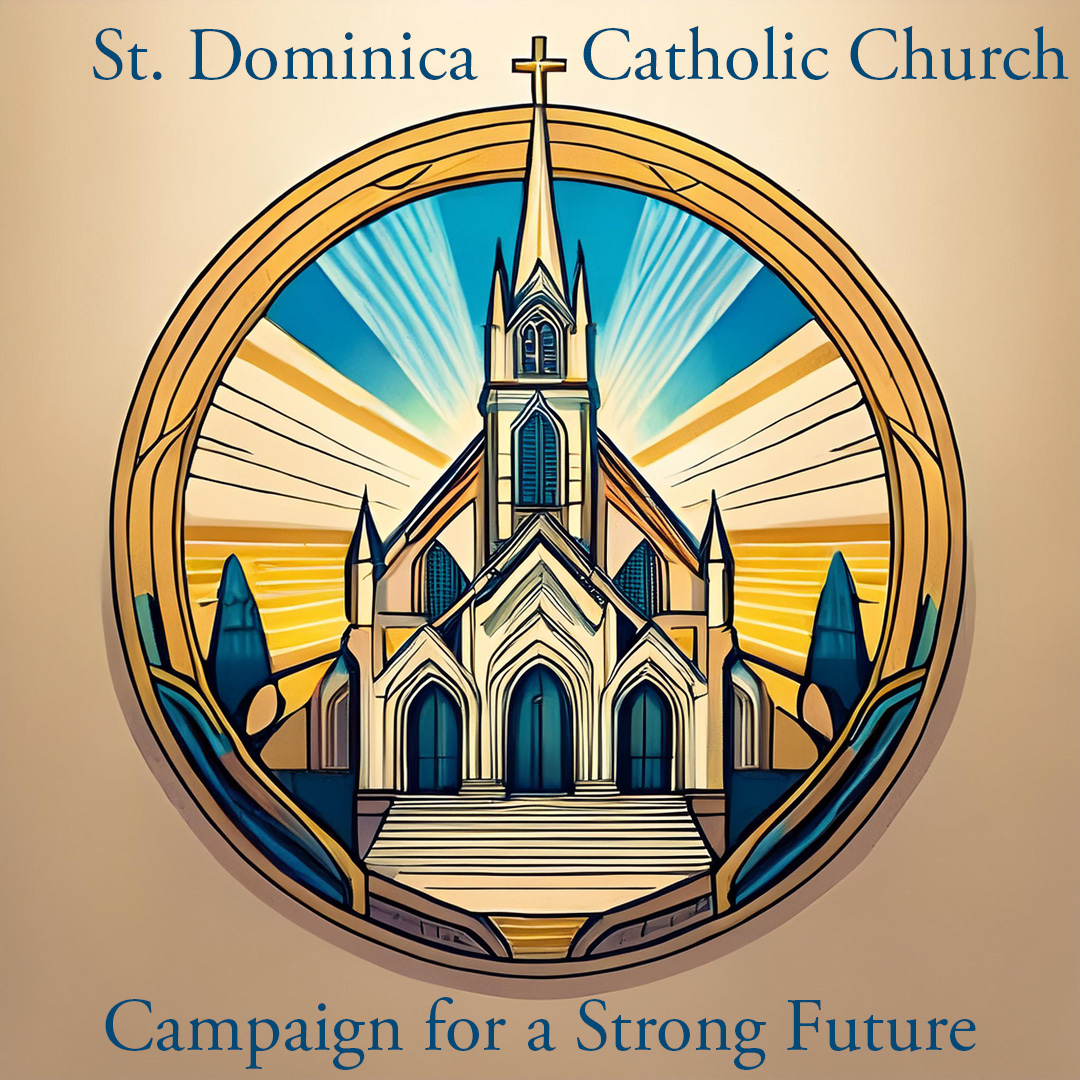In our work with Catholic schools, parishes and (arch)dioceses, we often have questions from Catholic leaders in regards to whether or not they need to conduct a Financial Feasibility Study (FFS) before they launch the capital campaign for their parish or school. Because this question has come up numerous times in the past year, we thought we would use this newsletter to address the issue and give our perspective.
Value of a Financial Feasability Study
There are usually three schools of thought about Financial Feasibility Studies:
- Conduct the FFS using outside and objective counsel;
- Conduct the FFS internally;
- Move to the campaign without a Study.
ISPD finds value in conducting the Financial Feasability Study — using outside and objective counsel – for a number of reasons:
- The school and/or parish can realistically understand the amount and levels of support they could possibly receive from key constituents. It is so much easier when those questions are asked by an objective source rather than a school and/or parish leader.
- The FFS provides the opportunity to engage financial leaders without actually inviting the gift; it often serves as a “pre-invite” invitation.
- Outside counsel can work with school and/or parish leaders and the Advancement/Development/Stewardship office in determining who should be interviewed in the Study.
- Going through the list of names and the criteria, the Study can be conducted – led by outside counsel – with the utmost respect for professionalism and confidentiality.
- The FFS interviews allow the school and/or parish to bring financial leaders on campus and provide the school and/or parish leaders the opportunity to meet face to face.
- The FFS invitation can be personally extended by the pastor, the president, the principal and/or board/council president, and the follow-up can be as individualized as possible.
- During the interview, outside counsel can probe on different areas – all the way from finding out where the person/family “lands” in terms of suggested gift ranges to whether or not they would be receptive to being a campaign leader to inquiring if they have any suggestions of people the school and/or parish should be speaking with in regard to the project(s).
- Interestingly, the four campaigns that ISPD is managing at the present, the majority of “Silent Phase” gifts are coming from those interviewed in the Feasibility Study. Plus, these gifts are coming in at an 85% “Ask-to-Pledge” ratio.
- Using these same campaigns, 50% of the Campaign organizational leaders are also coming from those that were interviewed in the Study.
Climate for Success
Capital campaign fundraising today is a sophisticated and comprehensive endeavor using techniques that have been carefully tested and refined. Over the course of years, considerable data has been obtained concerning capital campaigns for Catholic schools and parishes. The Institute for School and Parish Development’s (ISPD) experience has shown that the best climate for a capital campaign is one in which the following factors are present:
- Confidence and respect in the leaders of the parish and/or school;
- Belief that the case for the campaign is strong and needed in order for the parish and school to advance;
- A willingness by the constituents to financially support and also step forward as campaign leaders;
- A group of financial leaders who are willing to participate at a high level of giving – usually amounting to 50% – 60% of the campaign goal;
- A clear indication that there is adequate financial potential among the school and/or parish’s constituents to provide the needed levels of support. This is usually determined through a Financial Feasibility Study that is conducted by outside counsel.
The degree to which these elements are present determines the ultimate success of any capital campaign. The Feasibility Study, therefore, seeks to determine the extent to which each of these elements exists and suggests the most fitting course of action to produce the greatest campaign results.
Elements of the Study
There are a number of elements that make a financial feasibility study successful. Taken in order and conducted with input from key stakeholders, these elements provide the foundation for a successful final Report. They are:
- Preliminary Case (Position) Statement (marked “DRAFT”) for use in the study
This document states the reason why this proposed project is so important to the school and/or parish and why people should support it. - Selection and screening of interview candidates
- Create/assemble the “Raw List” of financial leaders
- Leaders in annual giving the past five years
- Past campaign givers
- Main fund-raising supporters
- Volunteer leaders
- Knowledge of key financial leaders
- Wealth screening results
- Present “Raw List” to school and/or parish leaders, outside counsel and Advancement Office.
- Decide upon people to invite based upon the above.
- Create/assemble the “Raw List” of financial leaders
- Letter requesting participation in the study — from pastor, principal, and/or president
- With Case (Position) Statement enclosure
- With Q & A enclosure
- Individual Interviews
- Appointments are scheduled by a combination of:
- Pastor
- Principal
- President of Board/Council
- Board members
- Advancement Director
- School/parish staff
- Interviews conducted by outside counsel at the school and/or parish
- Dates decided upon
- 30-45 minutes each
- Phone interviews with those not available for on-site interview
- Direct mail or online questionnaire for those not available for phone interview or on-site interview
- Appointments are scheduled by a combination of:
- Main Questions for the Study
- General feeling about the school and/or parish
- Connection to the school and/or parish
- The future direction of the school and/or parish– mission and vision
- The case for the campaign
- Campaign leadership identification
- Leadership donor identification
- Planned Giving Possibilities
- Personal involvement – leadership and financial
- The Final Report should include findings in all question categories and a calculated estimate of an achievable Campaign goal.
There is definite value in conducting the Financial Feasibility Study before launching your capital campaign – regardless if your campaign seeks to raise $1,000,000 or $10,000,000 or $20,000,000. The most important two reasons are: 1. You can get an excellent idea of how much you can raise; 2. You can identify Campaign leaders who will be willing to work with you to organize and implement. Here’s wishing you the best as you plan your next campaign.















